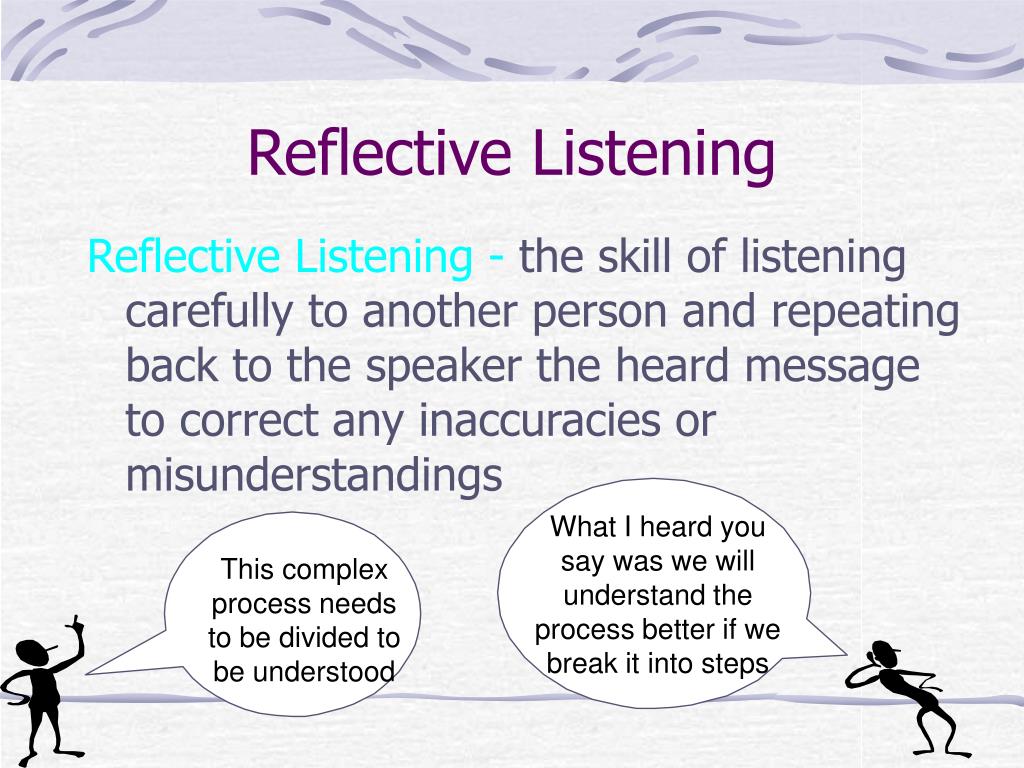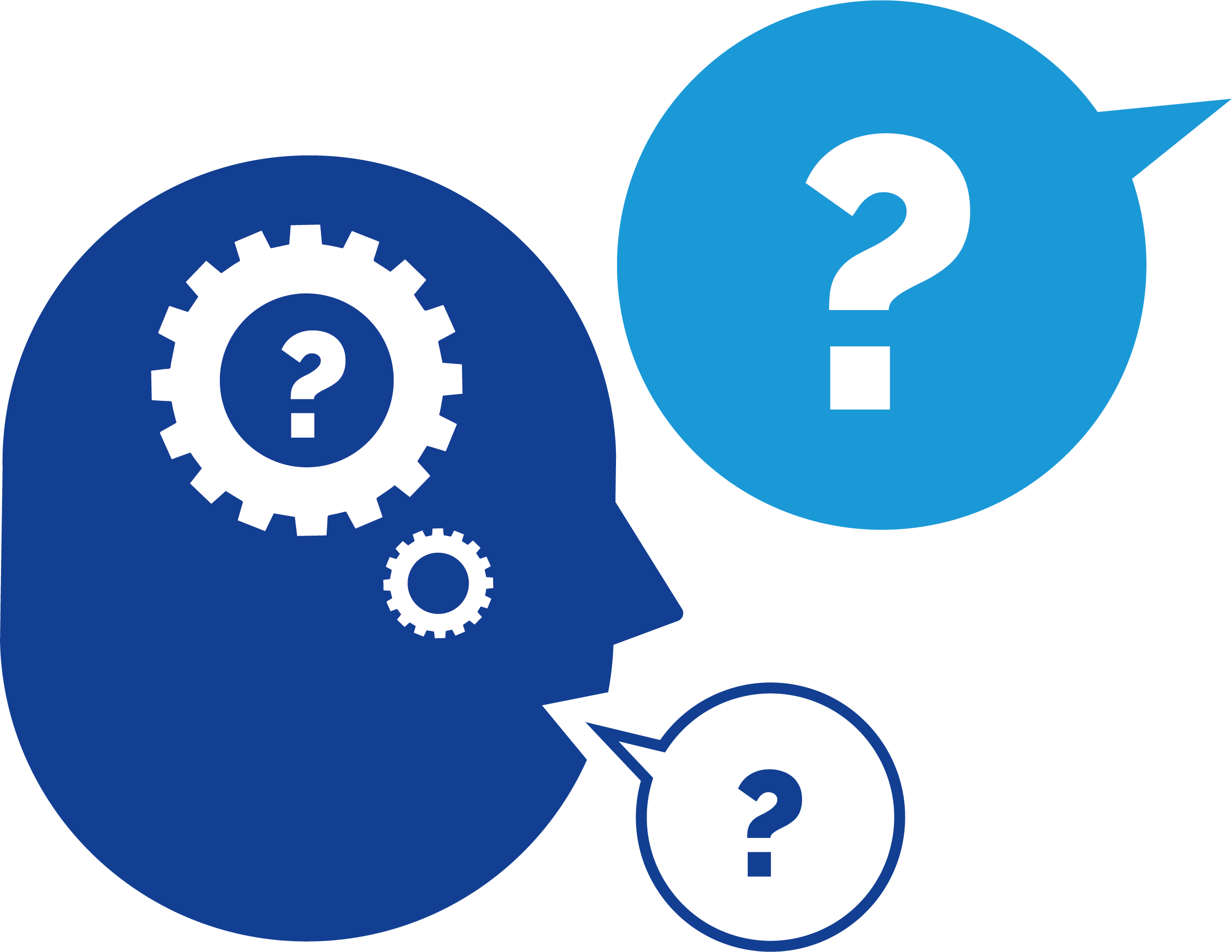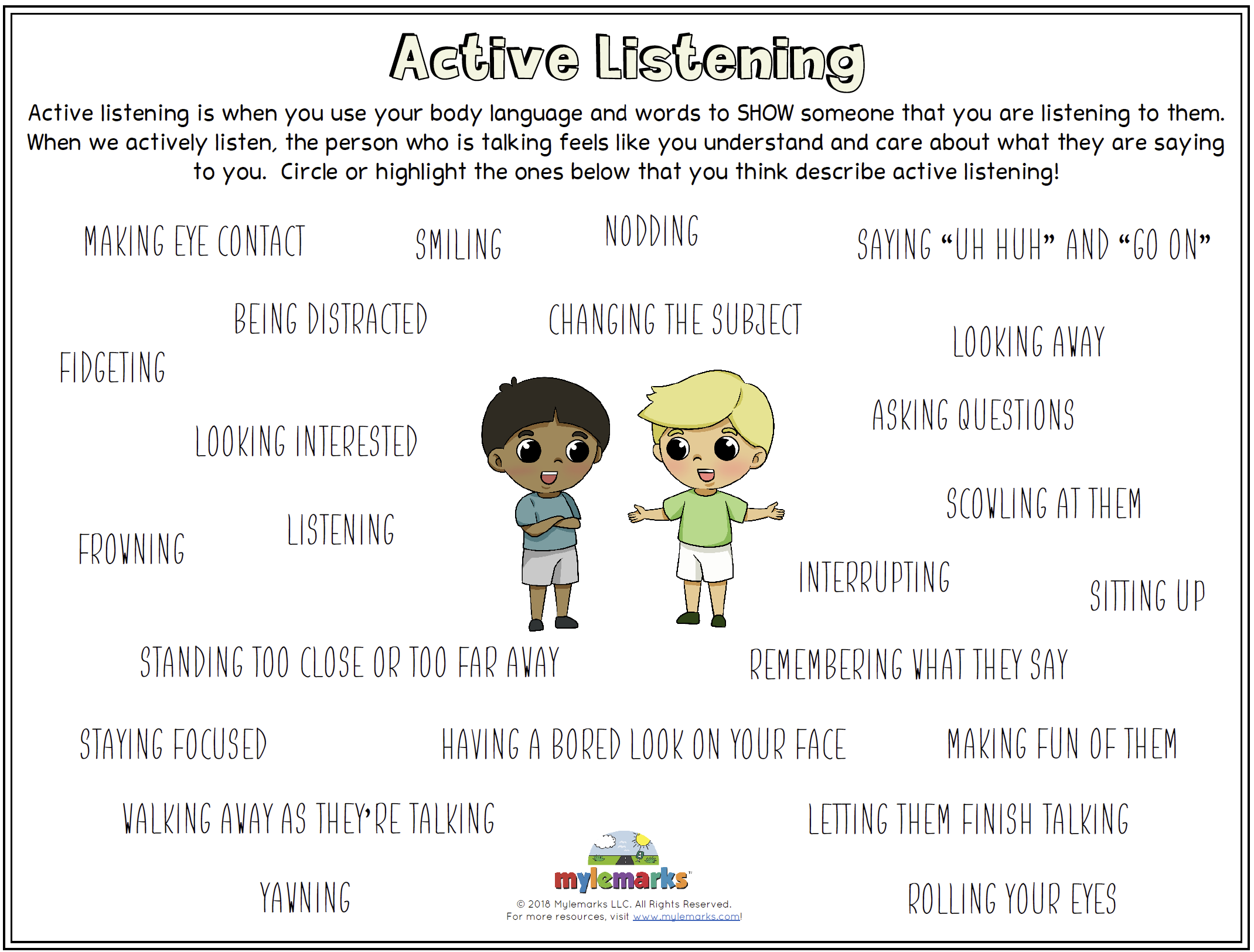

Let them get their issues with you out of their system. Yet you need to check your reactive impulse and just listen. This step can be the hardest your colleague may say things you think are just plain wrong or unfair. I wanted to understand your perspective.” Or, “I'm hoping to get your thoughts on why you felt it was necessary to contact my boss first, before contacting me.” Don't say “You shouldn’t have contacted my boss…” or anything else that could be perceived as accusatory. For example, say something like: “I know our work together hasn’t gone as smoothly as either of us would like.

Keep an open mind, even if you found the points made by others disagreeable?.Repeat back the gist of, or summarise, the points of view expressed?.Jot down any details or points raised by others?.Actively try to remember the important facts or points made by others?.

Allow speakers to completely state their thoughts or opinions without interrupting?.To identify ways in which you could improve your reflective listening, ask yourself, did you: How do I know when I’m using reflective listening effectively? Respond with acceptance and empathy, not with indifference, cold objectivity or false concern.Work to develop the best possible sense of the speaker's frame of reference while avoiding the temptation to respond from your own frame of reference.Try to understand the feelings reflected in what the speaker is saying, not just the facts or ideas being presented.Restate and clarify what the speaker has said don't ask questions or say what you feel, believe or want.Respond to what is personal in what's being said, rather than to impersonal, distant or abstract material.When practising reflective listening, you should: Reassure the other person that someone is willing to attend to their point of view and wants to help them express their thoughts.Help the other person clarify their thoughts.Increase the listener's understanding of the other person.The benefits of reflective listening are that it can: In reflective listening, the listener tries to clarify and restate what the other person is saying. Reflective listening appears deceptively easy, but it takes practice and skill to do well. The following handout may help students practise reflective listening skills during group work. Mirroring involves repeating key phrases back to the speaker ("I'm really upset that I missed my bus this morning." "You missed your bus.") Paraphrasing involves repeating a rephrased version of what they've said ("I'm really upset I missed my bus this morning." "You were upset about being late.") The two main techniques for practising reflective listening are mirroring and paraphrasing. 46) write, "When employing reflective listening, the question is not 'What can I do for this ,' but rather, 'How does this person see him or herself?'" It's a particularly useful skill for avoiding conflict within a group. Reflective listening is a communication skill by which students can increase their understanding of other people’s ideas, issues, approaches and concerns within the group.


 0 kommentar(er)
0 kommentar(er)
